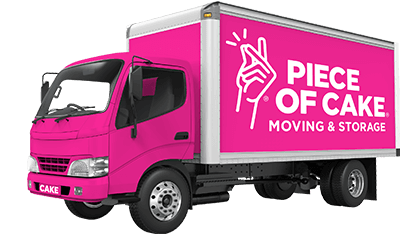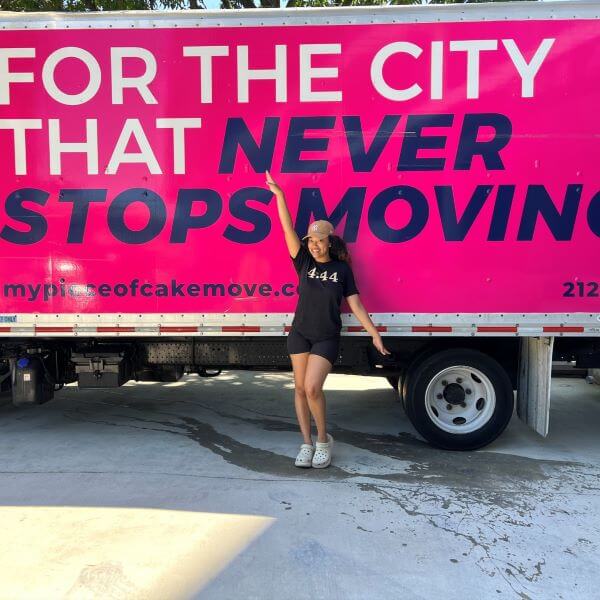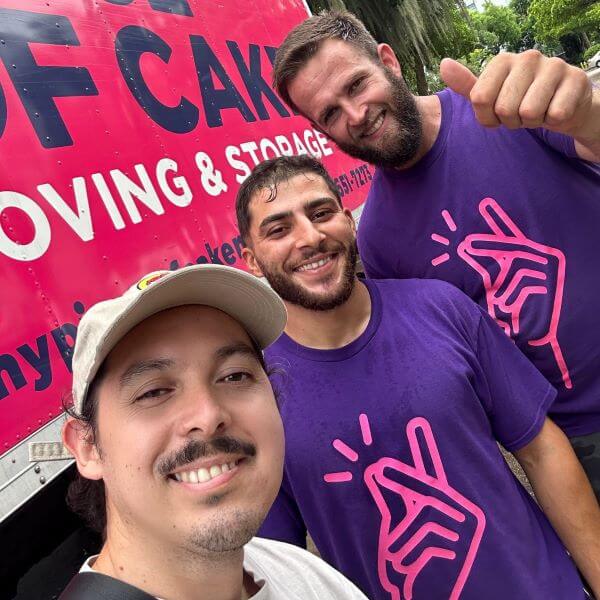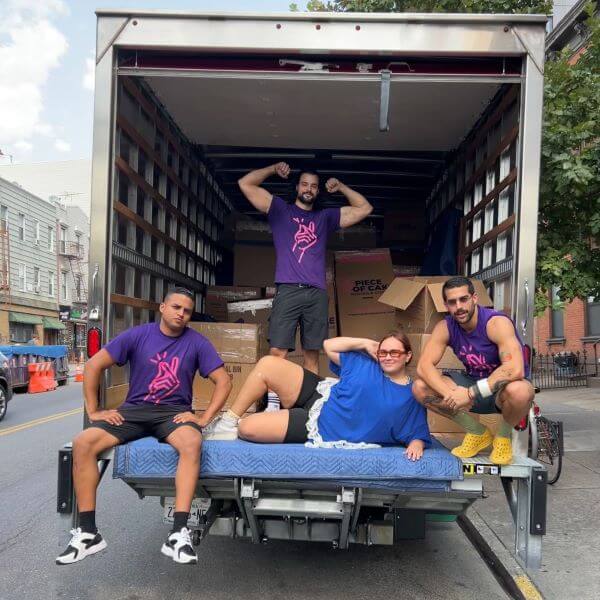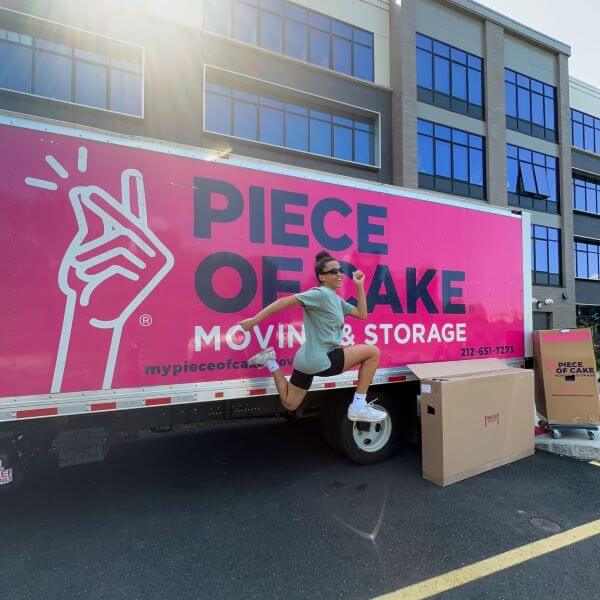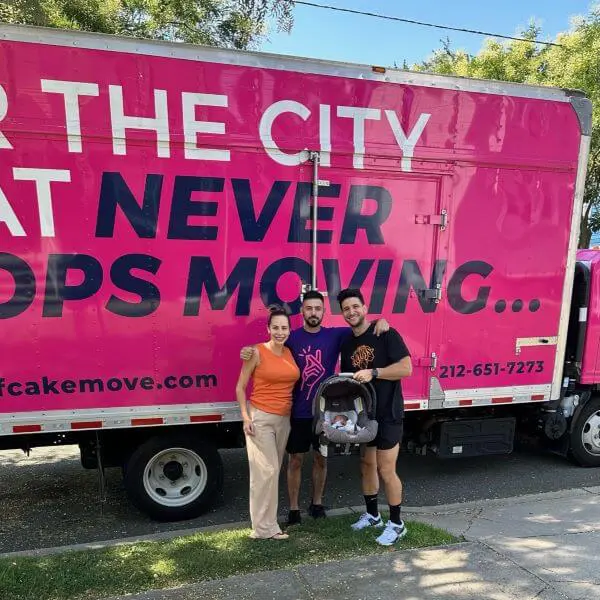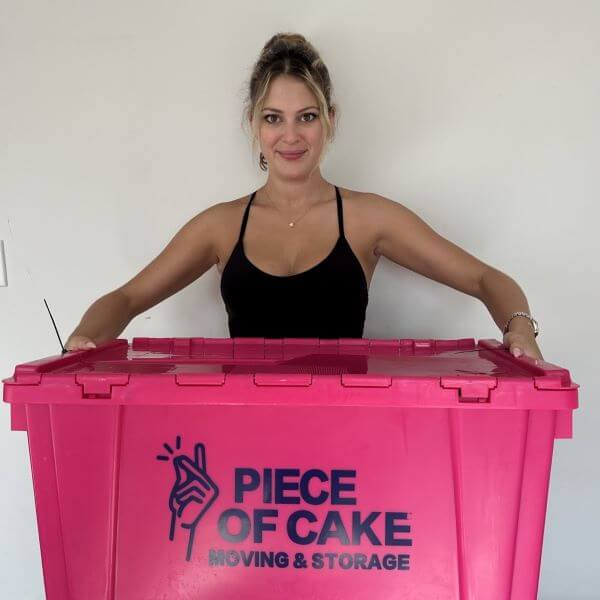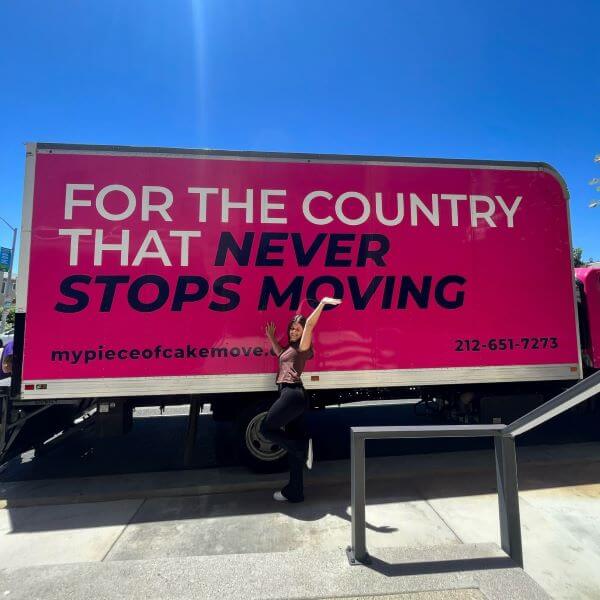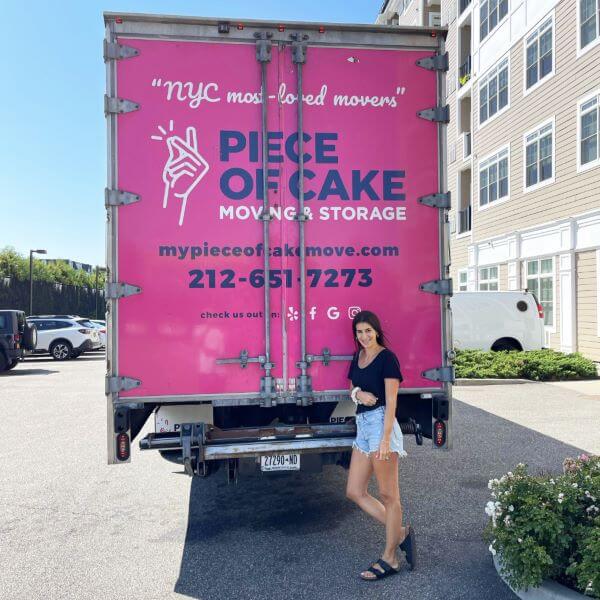Moving a deceased estate
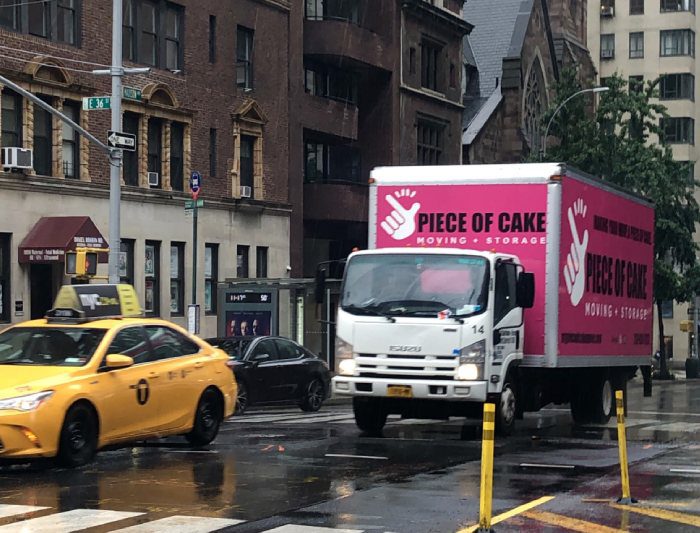 Alongside the grieving process when you’ve lost a loved one is the details of handling their estate. Leaning on others for assistance during this time, such as professional movers, may be a way that you can spend more of your time taking care of yourself and those that you love.
Alongside the grieving process when you’ve lost a loved one is the details of handling their estate. Leaning on others for assistance during this time, such as professional movers, may be a way that you can spend more of your time taking care of yourself and those that you love.
Whether you have been named the executor or are designated by your family to take the lead on the details of moving your loved one’s belongings, there are a number of key considerations to moving a deceased estate.
Knowing a bit more about those can help you assess what your needs are in terms of getting help and how to get organized. Some considerations include:
Securing their home
This may be a first step to ensuring that their belongings stay safe as you determine how to get started. It may be necessary to change the locks to ensure access is available solely to those that need it. If your loved one rented their home, you may discuss how you can keep their belongings secure with a landlord.
Retain financial documents
Before packing any boxes or sorting through any belongings, it’ll be key to locate and retain any financial documents. These may include 401(k) records, tax returns, stock certificates, bank statements, receipts, life insurance documents, and will(s). At this stage, you may not know what you may need to assist in closing out the estate, but you can sort out the documents later regarding what needs to be kept and what can be destroyed.
Consider the will
Look through the will if you’re not already familiar with it before beginning a clearout of the estate. For many, this document and process that it helps outline may be straightforward. However, other estates may be put into probate. The probate process is one that designates an executor of the estate to distribute assets to beneficiaries. If this process is indicated, it’s possible that it will impact your timeline for moving the estate as well as the moving and cleanout process.
It’s also worth noting that if a person dies without a will, then intestacy laws go into effect. These vary state by state and they determine who will inherit any assets from the deceased person.
Determine move-out timeline
Identifying the factors that will inform the circumstances of the move-out may help you determine your timeline for action. These details may be outlined in the person’s will or there may be a timeline that is informed by the loved one’s landlord if the person was renting their home. Once you establish those factors, you can set a deadline for when you will ensure that the cleanout and move will happen. This may help especially to set into motion other actions that must take place, such as cleaning, sorting, hiring movers, and the like. If you will need to sell the home, having set a timeline for move out will give you a sense of when the home can go on the market.
Sort through belongings
After setting the move-out timeline, it’s time to start going through your loved one’s belongings. As this is likely still a time of mourning, it’s worth it to slow down in this process. Take your time, with frequent breaks, to sort and to experience any feelings and emotions that come up in the process.
As you sort, you’ll likely want to consider what to keep, sell, store, recycle, donate, and throw away. You may decide on a system for indicating these categories, whether it be with stickers or certain boxes to stay organized. In your “keep” items, make sure you’re holding on to some sentimental items that you or your other family members may appreciate seeing and holding onto later.
You may also want to set aside potentially high-value items that may need to be appraised. These might be precious jewelry items, artwork, or extensive collections. Even if you’re not sure of their value, but suspect it may be worth getting it appraised, this is a good step to take.
Hire an appraiser (if necessary)
For the items of unknown value, an appraiser can give more information about their worth to inform distribution among those who may inherit the items or how the items may be sold and the proceeds going to the heirs of the estate. An executor may lead the process of determining an appraiser and receiving the information about appraisals.
Store or distribute belongings
If the estate needs to go into probate (the executor of the estate can discuss this with the attorney), it may delay when belongings are dispersed to those in the family. If probate is indicated, storage of the belongings could be helpful and you might consider looking into what services may be available to store the goods. Further, you may also need to determine if the will outlines whether any belongings go to particular people. If that’s the case, it’s good to set those aside and make a plan for distributing them when the time comes.
If the estate is not in probate, or the probate process isn’t indicated, this may be the time where you have family members come by your loved one’s home and identify items that they would like to have. You may need to determine whether this is something your family can do all at once, or if it makes sense for people to come to the home in smaller groups or individually to identify what they would like to claim.
Whether belongings that are outlined in the will or the items that family members claim need to be delivered to them, you may decide to work with estate movers. These movers are experienced in distributing or sending belongings from one estate to a number of locations (to several different people). They will treat each distribution of belongings as a small move. The benefit of working with estate movers is that they are experienced in caring for lots of different items to ensure that they get where they are going safely. For example, imagine a person has inherited a piano from an estate in New York, but they currently reside in California. Estate movers can ensure that the piano, and any other inherited belongings, are packed safely and stay secure in transit to make it to California.
Declutter, sell, and donate
With the rest of the items that have not been claimed, taking care of what will be donated, sold, and thrown away may be your next consideration. As you may have identified what these items are in your sorting process, you can begin removing clutter and broken items from your loved one’s home and dispose of them. Clutter or “junk removal” services are available to help with that task well.
If you have a large number of valuable items to sell, you may look into hiring an estate liquidator to assist with the sale. In terms of the rest of the items, you may decide to donate them to charity. It’s possible that you can use the donation as a tax deduction for the estate as well.
Considering the help of professional movers
There’s a lot to process and address after the loss of a loved one. The necessary steps involved with moving the belongings out of a deceased person’s home can be overwhelming. Hiring professional movers who are sensitive and reliable can take some of the stress out of this task. From packing, storage, handling small moves, and more, Piece of Cake Moving and Storage can assist with moving an estate. Call us and we can discuss the details of how to help so that you can spend your time with those you love and celebrate the life of your loved one together.
Ready to make a move? Get in touch today for an obligation-free guaranteed flat price moving quote.
Related articles
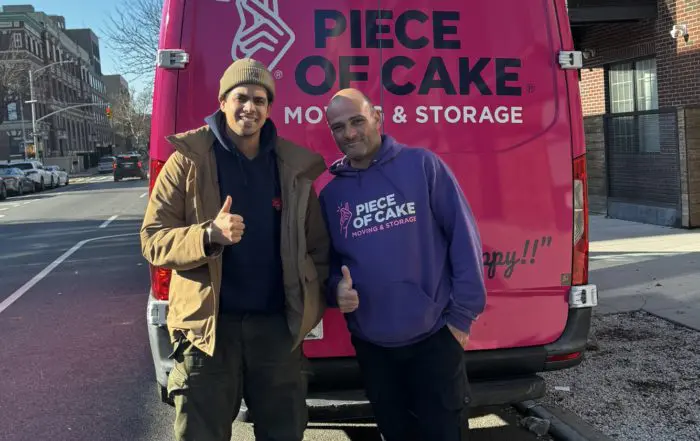
How to move a washer and dryer
Learn More

How to move a fridge
Learn More
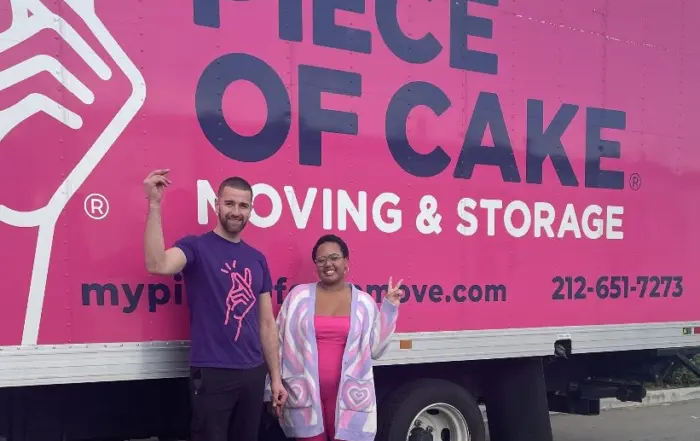
How to pack seasonal decorations for storage
Learn More
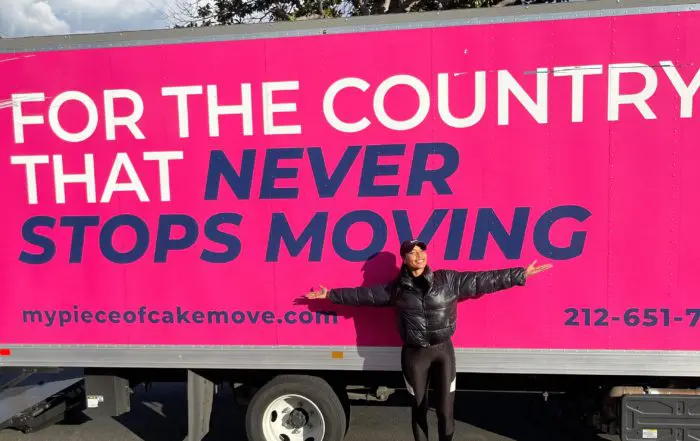
How to expertly pack valuable items when moving
Learn More
